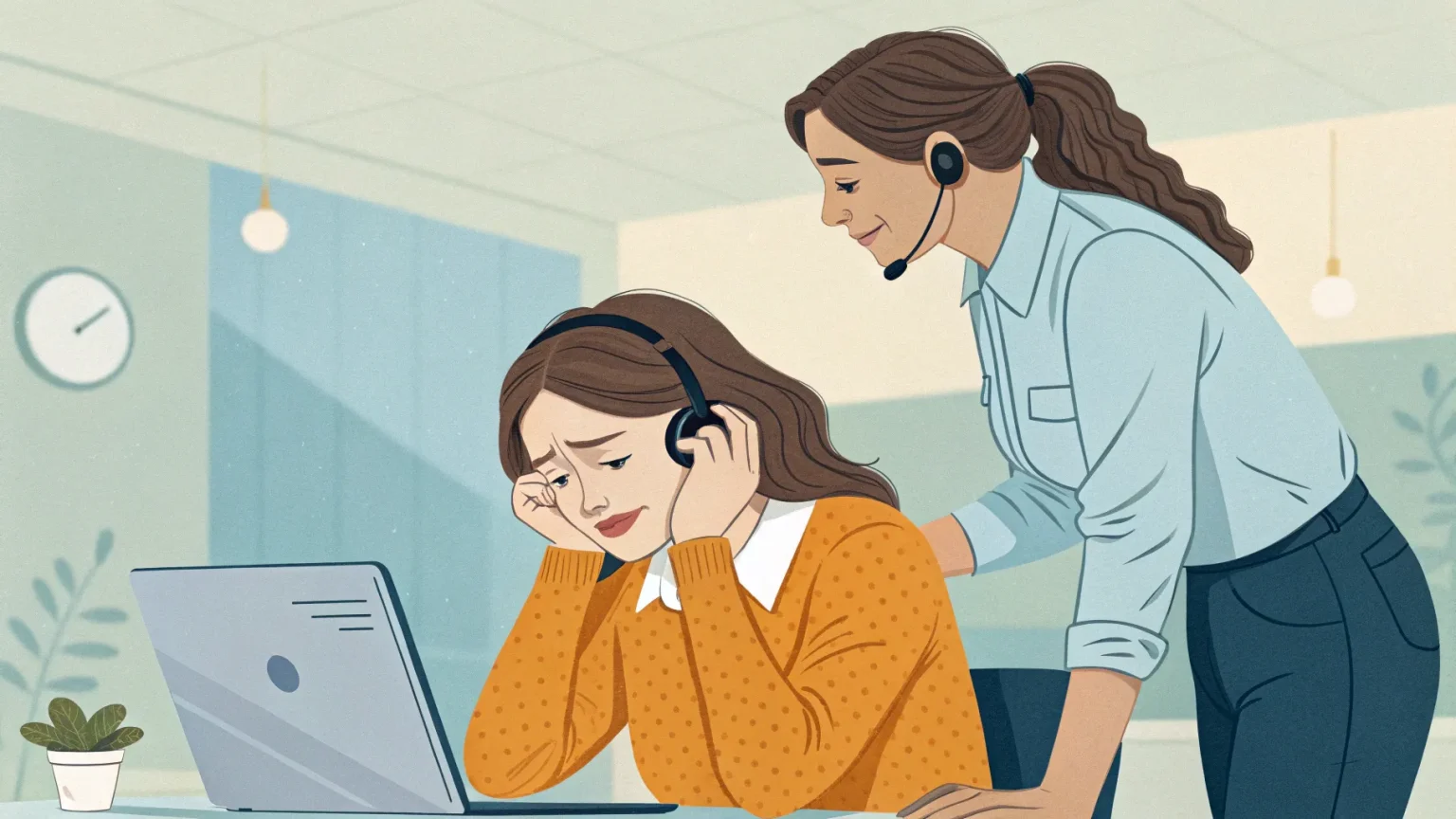When things go wrong with customers, that’s when you have the best opportunity to prove just how good you can be. Anyone can look good when everything’s running smoothly, but your true customer service skills show up during a failure.
I’ve experienced this from both sides – as a customer service expert advising businesses and as a customer myself. Two recent personal experiences reinforced this principle in powerful ways.
The Scheduling Mishap
I recently arrived early for a doctor’s appointment only to find the nurse at the desk visibly distressed. She had to tell me there was a glitch in their scheduling software and my appointment needed to be rescheduled.
What happened next was remarkable. Instead of dismissing the issue with a casual “these things happen” attitude, she:
- Showed genuine concern and apologized sincerely
- Demonstrated real empathy for my inconvenience
- Immediately worked to find another appointment time
- Succeeded in finding a solution that worked for me
Despite the inconvenience of having to return another day, I left feeling respected and valued as a patient.
The Mayo Mishap
During a recent restaurant visit, I ordered a sandwich without mayonnaise (which I absolutely hate). Of course, the sandwich arrived covered in mayo. But here’s where good service shined through – the server noticed the mistake before the plate even hit the table.
She immediately:
- Pulled the plate back before setting it down
- Apologized for the error
- Showed genuine concern for getting my order right
- Rushed to the kitchen to have a new sandwich made
Minutes later, I had a perfect, mayo-free sandwich. The recovery was flawless.
The Power of Recovery
After both experiences, I received survey requests. I gave each a perfect five-star rating. Not because they were flawless – clearly, mistakes happened in both cases. I rated them highly because of their exceptional recovery.
What’s particularly noteworthy is that neither business offered compensation. No refunds, no freebies – they simply fixed the problems with style and genuine care. When someone shows that level of concern, how can you stay upset?
There’s an important caveat, however. For this approach to work, problems must be rare exceptions, not regular occurrences. No matter how nice employees are or how well they handle issues, if problems happen frequently, customers won’t trust the company. Excellence in recovery can only overcome occasional failures, not systematic ones.
The Attitude Matters More Than the Fix
While rescheduling a medical appointment might seem like a bigger issue than remaking a sandwich, the severity of the problem wasn’t what mattered most. What truly made the difference was the attitude displayed while fixing the issues.
Both service providers showed they genuinely cared about making things right. Their concern and commitment to solving my problem became even more important than the solution itself.
These stories illustrate a fundamental truth: when you really care, you can win back the customer. A mistake isn’t the end of your relationship with a customer. Handled correctly, it’s an opportunity to build trust and loyalty by showing how good you really are when things don’t go according to plan.
The next time something goes wrong with a customer, remember that this moment of crisis is actually your golden opportunity to demonstrate excellence. It’s your chance to turn a disappointed customer into a loyal advocate who will tell others about how wonderfully you handled their problem.







